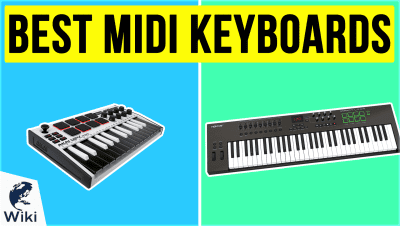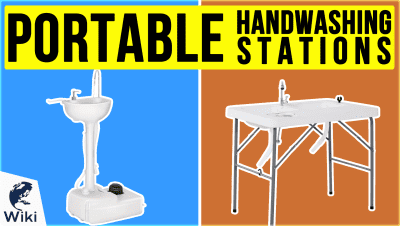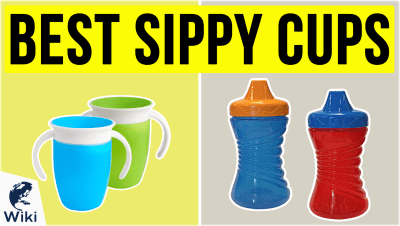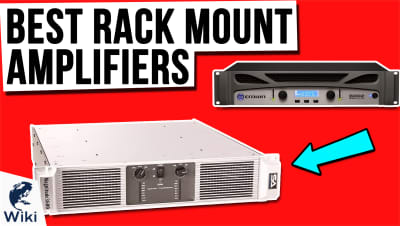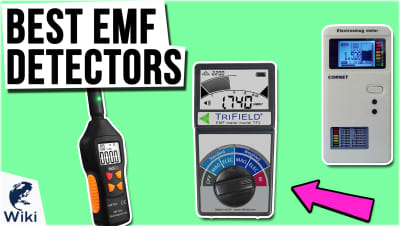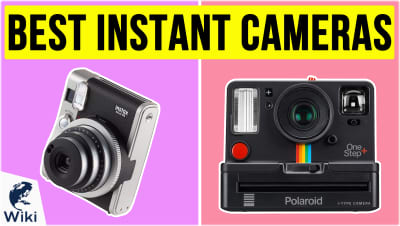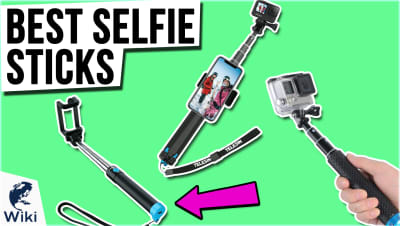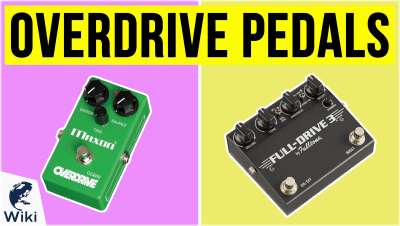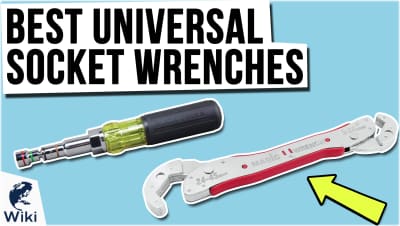The Unofficial Fair City Wiki
Among the releases from Fair Game is a blockchain-based city simulator called Fair City. We've got a full recap of how Fair City works and what makes it so popular. If you're looking for more information on Ethereum dapps, try this guide to DappRadar. This video was made with Ezvid Wikimaker.
Is Fair City Like CryptoCountries?
Fair City falls under the category of dapps known as crypto collectibles. These assets differ from fungible tokens like those used in Ether Shrimp Farm or PoWH3D because they are unique. Assets like CryptoKitties or Factbar can sometimes be sold for high prices because no two are the same. CryptoCountries was one of the first games that took advantage of the blockchain to sell unique assets that matched countries in the real world. What sets Fair City apart is that there is an interactive component beyond buying and selling, where you can build on your land and work with others in the game as it incorporates new elements. This makes it more like CryptoCities or Etheremon, games with expanding maps that continue to incorporate new features.
Can I Buy Land On Fair City Using MetaMask?
Most websites where you can buy and sell tokens on the Ethereum blockchain use MetaMask, a browser extension that acts as a digital wallet. Because Fair Game has multiple dapps that use their in-game currency, FAIR, they have their own digital wallet. You'll have to sign up for an account and load it with Ethereum in order to play the game.
How To Build A Dapp
In Depth
Fair City is a blockchain-based game in the city-building genre, part of the Fair Game suite of dapps. It's quickly shot up the charts on DappRadar thanks to its expansive world and simple marketplace that involves both Ethereum and FAIR tokens. Let's walk through exactly how the game works and why people are so excited about it.
You may have noticed that Fair City looks a lot like the classic Sim City franchise, where players build a virtual city and see it grow and change throughout the years. Fair City is like a group Sim City game, where you can purchase individual plots of land and construct buildings on them, either in the hopes of selling them to other players, or as part of a strategy to further your standing in the city. And what makes Fair City different is that thanks to blockchain technology, you really own your plots of virtual land.
Fair City comes from Fair Game, which has built a name for itself in the world of Ethereum by releasing blockchain versions of popular formats. They have Texas Hold 'em Poker, a slot machine, a World Cup guessing game, and upcoming games like Monopoly and a farm simulator. What all these dapps have in common is their use of crypto assets.
What all these dapps have in common is their use of crypto assets.
Let's take a step back and explain the type of tokens we're dealing with. Most people are familiar with Bitcoin and Ethereum, cryptocurrencies that rely on blockchain technology. Ethereum is notable because it allows for the creation of decentralized applications, or dapps, that use smart contracts to allow for the trading of alternative assets on Ethereum's blockchain.
Most tokens on the Ethereum blockchain adhere to a standard called ERC20, a set of six functions for smart contracts that regulate how they are to operate. This can include coins issued by companies in I.C.O. releases, idle games like Ether Shrimp Farm, or dapps like PoWH3D and Gandhiji that promise income based on participation and referring others to the service.
ERC20 tokens are like Bitcoin and Ether in that they are fungible, meaning each token of a certain type is the same. If you have two Bitcoins, and you plan to sell one, it doesn't matter which one you sell because they are worth the same amount. You can also deal in fractions of a coin just like you can with dollars and cents. But some assets are unique, or non-fungible.
ERC20 tokens are like Bitcoin and Ether in that they are fungible, meaning each token of a certain type is the same.
To handle unique assets, ERC721 was created. This is a standard for smart contracts dealing in digital assets that are not all the same. One popular example is Factbar, online representations of facts that are researched and verified. If you own a Factbar, you are the only person who owns it at that time, and every Factbar has its own unique value. Highly-desirable Factbars are therefore very valuable because they are rare.
One of the first games to take advantage of this growing market was CryptoKitties, digital cats that each have their own traits. They can be bred with one another to produce other kitties, and those with rare traits can fetch high prices. Millions of dollars worth of Ether has changed hands on CryptoKitties. More complex games like CryptoCountries and Etheremon followed, as many saw the potential to earn Ether while playing a fun game.
Fair City is different because it involves both of these types of tokens. In order to play, you need to purchase a unique plot of land on one of their maps. From there, you can develop the land and build on it. Each type of development costs a certain amount of either Ether, or FAIR, an in-game currency used by all of Fair Game's dapps.
In order to play, you need to purchase a unique plot of land on one of their maps.
Your development will also be affected by those around you as the city takes shape. Once you've built up your land and placed buildings on it, you have the opportunity to sell it in the marketplace. Your land is in the form of a non-fungible token, meaning you are the only one who can own it. Players who want to jumpstart their status in the game might pay large amounts for land that is already developed.
Because it involves an in-game currency, Fair City has its own wallet. You'll need to create an account and keep the wallet replenished with FAIR and Ether in order to keep playing. It's too early to see how popular the game will become, but it's brought in thousands of transactions, with players quickly pouncing on newly-available spots on the map.
Many of these players may be hoping that, as Fair City becomes more popular, others will pay a lot for these developed plots of land. Earning FAIR may also be the goal, as those tokens can become valuable as more games are released by the company.
Many of these players may be hoping that, as Fair City becomes more popular, others will pay a lot for these developed plots of land.
All of this is highly speculative, which Fair Game is quick to point out. Unlike some other non-fungible tokens, these sections of land are only useful for those who play the game. But those who do may find that they're quickly addicted, doing whatever it takes to get ahead in this expansive world.

